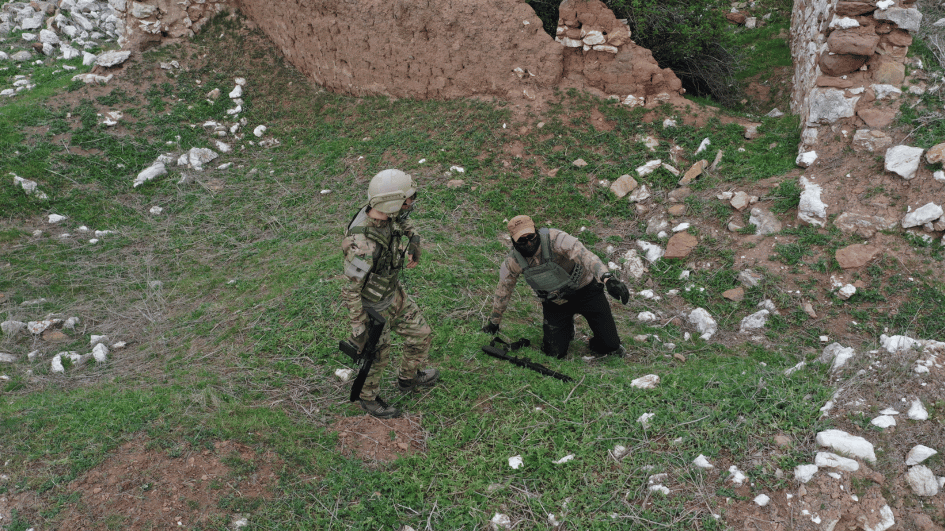Mitt Romney eyes more assertive role in Mideast
WASHINGTON

US Republican presidential candidate Mitt Romney waves to elementary students at Fairfeild Elementary in Fairfeild, VA, October 8, 2012 during an unscheduled stop. AFP photo
Republican presidential candidate Mitt Romney delivered criticism of the Obama administration on Oct. 8, saying President Barack Obama’s lack of leadership in the Middle East had made the region more dangerous. In what his campaign called a major foreign policy address, Romney called for a more assertive use of American influence in the Middle East, Europe, Asia and Latin America.“The president is fond of saying that, ‘The tide of war is receding,’” Romney said. “And I want to believe him as much as anyone. But when we look at the Middle East today ... it is clear that the risk of conflict in the region is higher now than when the president took office, it is time to change course.” Romney’s wide-ranging address at the Virginia Military Institute attempted to establish an image of him as a man who would be a strong commander in chief, an area where Obama has long held an advantage as the president who oversaw the demise of Osama bin Laden and the winding down of two unpopular wars.
Arming Syria rebels
Romney said Obama has failed to lead in Syria, adding that rebels needed more powerful weapons to battle Bashar al-Assad’s troops. He claimed that Obama’s handling of the crisis was emblematic of a president who does not “shape history” but opts to “lead from behind.” “Our ally Turkey has been attacked. The conflict threatens stability in the region,” the Republican nominee said.
“In Syria, I will work with our partners to identify and organize those members of the opposition who share our values and ensure they obtain the arms they need to defeat al-Assad’s tanks, helicopters, and jets,” Romney said. The Republican candidate admitted that Obama had had some foreign policy successes, but said the administration had not done enough to halt Iran’s quest for nuclear weapons or to protect the four U.S. diplomats killed by Libyan militia fighters. During his speech, Romney pledged to tighten sanctions on Iran and deploy warships in the region, to press Tehran to give up a nuclear program the West believes is aimed at producing atomic bombs.
He accused Obama of a hasty troop withdrawal from Iraq, saying hard-fought gains there were being eroded by rising violence and a resurgent al-Qaeda. Romney also said he might not be so quick to pull troops out of the unpopular war in Afghanistan. He said he would condition aid to Egypt on continued support for its peace treaty with Israel. Romney also threw down the gauntlet to Russian leader Vladimir Putin, saying that if elected he would show “no flexibility” on missile defense.
Responding to Romney’s speech, Madeleine Albright, who was secretary of state under Bill Clinton, gave his foreign policy declarations a “C grade” and described them as “dangerously vague.”
















